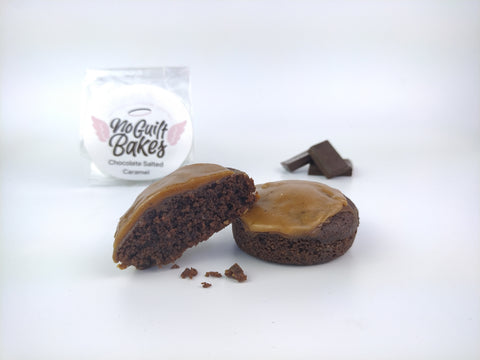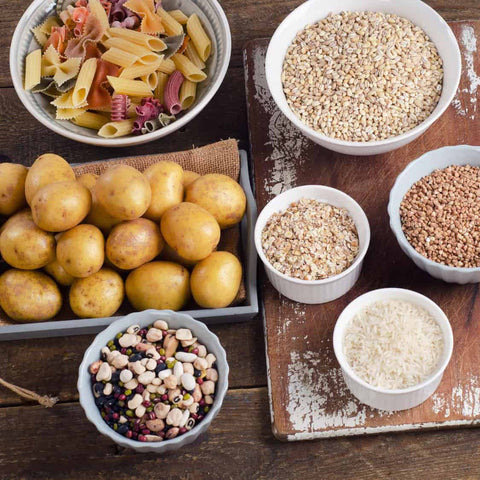In our previous blog post, we talked about the two sugar alcohols Xylitol and Erythritol where we discussed the positive and negative effects of using these sugar replacers in our food.
In this episode of our sweetener series we will discuss our opinions on maltitol, the hidden truths about this sweetener; its effects on our gut and why we stay clear from it during our ketogenic health journey.
What is Maltitol?
Maltitol is processed from the sugar maltose and has a very similar taste and mouthfeel as regular sugar. Considered as sweet as sugar with almost half the calories, if you are calorie counting it sounds like an amazing substitute. As with many other sugar substitutes, sugar alcohols are effective tools to help you follow a calorie restricted diet, however, diabetics should take note that maltitol is a carbohydrate with a relatively high glycaemic index of 35.
If you’re not familiar with what glycaemic indexes are they are a rating system for foods containing carbohydrates. (Low GI is between 1-55, medium GI is between 56-59 and high GI is 70 or higher) It shows how quickly each food affects your blood sugar (glucose) level when that food is eaten on its own. Here is a guide to the different glycaemic indexes of various sweeteners.
While maltitol GI is not as high as sugar, it is still high enough to affect blood glucose.
Why should you avoid Maltitol?

We are very sceptical of low-carb / ketogenic products that are sweetened with maltitol because many companies will deduct maltitol from the carb count of their products however we believe maltitol should not be disregarded because your body absorbs some of this sugar alcohol, kicking you out of ketosis and resulting in the blood sugar spikes that you are trying to avoid. Another side effect could be a result of persistent stomach pains and excessive gas. However these effects are similar to what you would expect from excessive consumption of any sugar alcohol or high fibre consumption but as usual we preach moderation with most things ( can one have too many hugs?). Excessive living is not what we advise in any healthy eating lifestyle, and maltitol is no exception it is the topmost sweetener we would avoid because there are soo many better alternatives that allow you to satisfy your sweet tooth, curb your cravings and enjoy sweetness without the sugar. (1)
How to stay away from Maltitol?
Always read the label. Sugar-free foods are coming out of the wood works in abundance with the rise of low carb health trends and unfortunately some products will claim to be sugar-free but still contain a high carb sweetener like maltitol. This can be quite misleading for low carbers and diabetics. If the labelling is not clear please contact the company to find out if they have added maltitol to their products it is definitely worth a shot to know exactly what you're getting, this should not be an issue given the strict food labelling guidelines out there but there are some operators that use other people's products (chocolate chips etc) so it's worth checking if there isn't a complete breakdown on ingredients. Given its glycaemic index if you're not trying to have your blood sugars sky rocket we’d suggest steering clear of it.

If you are health conscious like us the best advice for maintaining any healthy lifestyle should come from the guidance of a doctor, a nutritional professional or whichever disclaimer you see being used the most on products.
Reflections?
Maltitol is a sweetener that we don’t use in our products and we NEVER will -That's a promise!
It is just as sweet as sugar which isn’t a bad thing and from our experiences, studies and observations it has a crazy high effect on blood sugars. For anyone trying to stay as low carb as possible it is not worth eating maltitol as it will kick you right out of ketosis very easily and will have you at a point of having to start all over again. To be as blunt as possible, We don't classify maltitol as keto friendly and in the UK its still allowed to be classified as No Added Sugar despite the fact that it causes blood sugars to rise.
AVOID AVOID AVOID.
The sugars that we use in our products do not spike the blood sugar and you can have confidence that our range of low-carb cakes and keto mixes are designed with health and flavour in mind.
Stay tuned as we uncover more sweeteners in our next series.




Comments (0)
There are no comments for this article. Be the first one to leave a message!